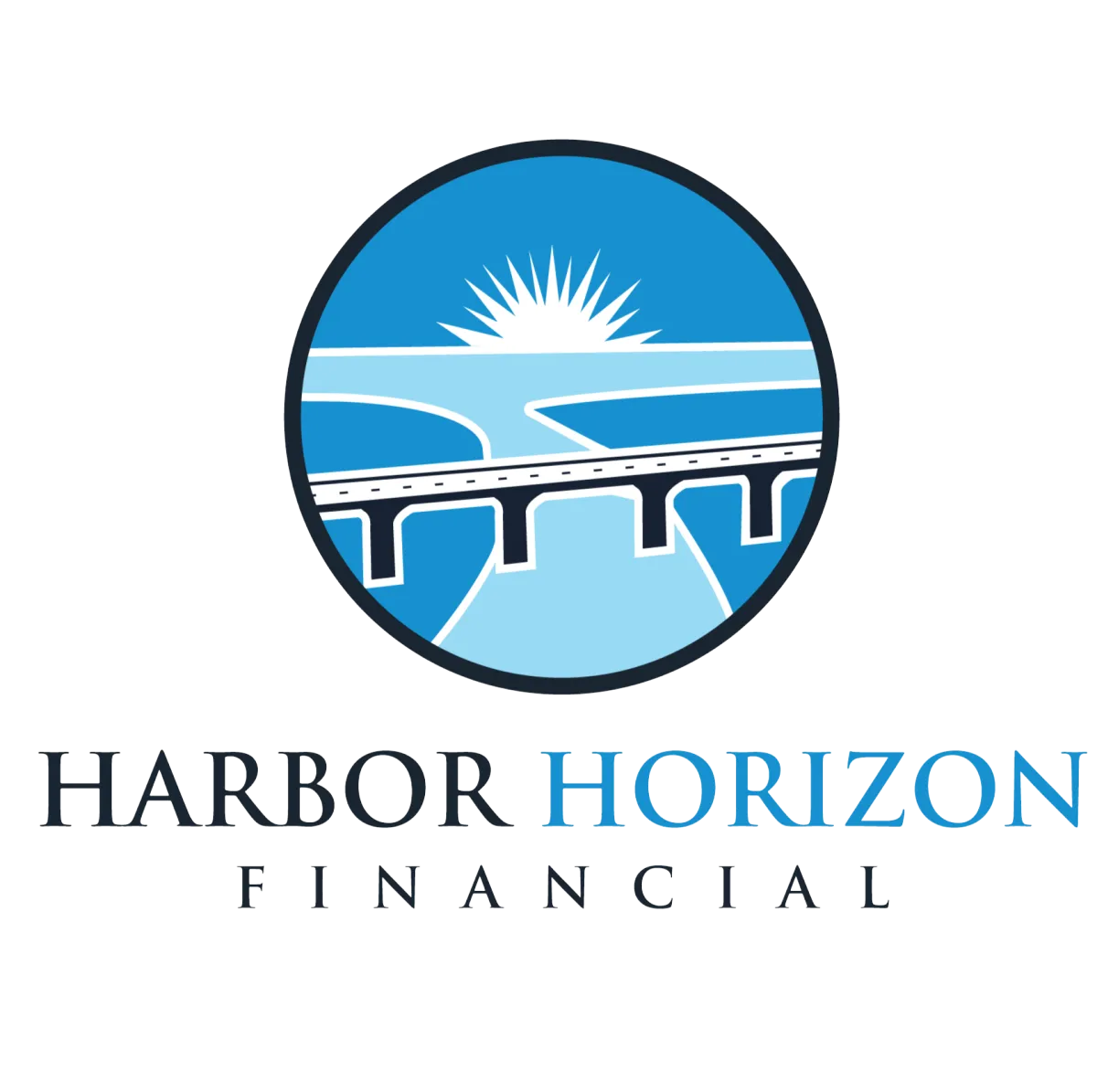
How to Start Building Wealth in Your 30s and 40s
Why Should You Be Building Wealth in Your 30s and 40s?
For many young professionals, the 30s and 40s represent a turning point. This is the stage of life when income often increases, responsibilities grow (Life gets crazier), and long-term financial goals begin to become a priority. Understanding how to begin building wealth during this period of your life can make or break financial goals in the future. Retirement or financial freedom isn’t just a distant dream anymore.
In this guide, we’ll walk through practical steps you can take right now, answer common questions, and help you build a game plan for long-term success, even if it feels a million miles away.
Wealth isn’t built overnight. It’s built over time, with consistent financial planning, smart investment decisions, and disciplined money management. All these happen one small step at a time and help inch you closer toward financial independence.
The Basics of Wealth Building
There are several key principles that form the backbone of any wealth-building strategy: saving regularly, investing wisely, and protecting what you’ve built. Each of these actions builds momentum, helping to grow wealth steadily over time.
It’s also important to remember that no two wealth-building paths look the same. One person may lean heavily on real estate, another may have most of their value tied up in a business, while someone else prefers the stock market. There’s no perfect formula, just the right mix for you and your family.
Common Wealth Management Tips For Young Professionals
To build long-term wealth effectively, it’s essential to focus on several key areas. First, prioritize savings by setting aside 15–20% of your monthly income. This builds a financial buffer and provides flexibility for future opportunities or emergencies. Next, consider stock market investments, starting with diversified, low-cost index funds. These help spread out risk while allowing your money to grow over time. Retirement planning is also crucial—invest not only in retirement accounts but also in non-retirement accounts, real estate, and business ventures to maximize compounding and maintain diversification. Effective debt management is another cornerstone; paying down high-interest debt before investing heavily prevents interest from quietly eroding your wealth. Lastly, don't overlook protection—establish insurance, an estate plan, and emergency funds to safeguard your financial progress from unexpected setbacks.
These are general tips meant to help you get started, not a one-size-fits-all blueprint. As mentioned above, every wealth-building journey is different, and the right strategy depends on your unique goals, income, risk tolerance, and life stage.
Financial Planning for Young Professionals
In your 30s and 40s, financial planning starts to feel less theoretical and more essential. You’re making bigger decisions, managing more complexity, and trying to balance short-term goals with long-term priorities.
At this stage, wealth building isn’t about choosing one strategy and sticking to it forever. It’s about staying flexible and making intentional decisions across several areas like investments, taxes, insurance, business planning, and even estate considerations.
There’s a lot to think through.
Are you investing the right amount, in the right places?
Is your portfolio aligned with your timeline and goals?
Are there tax strategies you’re overlooking?
Does your plan account for what could change over the next 5, 10, or 20 years?
If you’re looking to build a plan that grows with you, these are the types of questions worth exploring. You can learn more about areas to consider here.
Building Wealth Step by Step
When it comes to building wealth, starting small and scaling up is usually the most effective (and realistic) approach. You don’t need to overhaul your entire financial life overnight. You just need to create habits that compound over time.
Set up automatic transfers into your investment accounts to stay consistent. Revisit your budget monthly to make sure your spending aligns with your goals. As your income grows, gradually increase your contributions to savings, investments, and retirement. That’s how sustainable wealth gets built.
And don’t stop at a savings account. Real wealth grows from diversification: property, retirement funds, brokerage accounts, and even business equity can all play a role. The goal isn’t quick wins. It’s creating a structure that adapts to your life, supports your values, and grows with you over time.
Here’s what that often looks like:
Goals & Values – What are you building toward? What actually matters to you?
Tracking – Are you measuring progress or just guessing?
Protection – Do you have guardrails in place if life throws a curveball?
Growth – Is your money working as hard as you are?
Adjusting – Are you reviewing and updating your plan as life changes?
Some people feel like they already have the basics down, and that’s great. But true financial momentum comes from layering structure on top of those basics and reviewing your plan regularly to make sure you're still on track.
Long-Term Perspective and Guidance
Building wealth in your 30s and 40s takes more than just income. It takes discipline, patience, and the ability to adapt as life changes.
Your priorities will shift over time. A new home, growing family, career moves, or unexpected life events can easily knock you off track. That’s why a clear financial strategy matters. It gives you a foundation to fall back on when things get busy, messy, or unpredictable.
Having a trusted financial professional in your corner can make a huge difference. Not just for investment advice, but for helping you navigate decisions around taxes, timing, risk, and long-term planning. The right guidance brings clarity when things feel uncertain and helps keep you moving forward with confidence.
Book a Complimentary Strategy Session
Work 1-on-1 with a CFP® professional and Fee-Only Fiduciary who’s guided dozens of young professionals.
This strategy session will help identify blind spots, explore smart tax moves, and
align your savings strategy with your goals.
👉 Book Your Free Strategy Call
Limited availability each month
Commonly Asked Questions About Building Wealth
1. Is it too late to start building wealth in my 40s?
No, it’s never too late. Starting in your 40s still gives you 20 or more years before retirement, which is plenty of time to build momentum and grow your investments.
2. How much should I save each month?
A common guideline is 15-20% of income, but the exact figure depends on personal goals, lifestyle, and existing commitments. For example, early retirement may require a more aggressive savings rate.
3. What investments are best for beginners?
Low-cost, diversified index funds are often a great starting point. A mix of U.S., international, emerging markets, and bond funds can help balance growth potential with risk.
4. Should I pay off debt or invest first?
Start by paying off high-interest debt. If your credit card is charging 20%, that’s a big loss. Focus on eliminating expensive debt before investing heavily.
5. Why is professional advice valuable in wealth building?
You don’t know what you don’t know. A financial planner can help you uncover opportunities, avoid costly mistakes, and build a strategy that’s aligned with your goals, taxes, and risk tolerance. The right advice can have a meaningful impact. Learn more about Wealth Management here.

